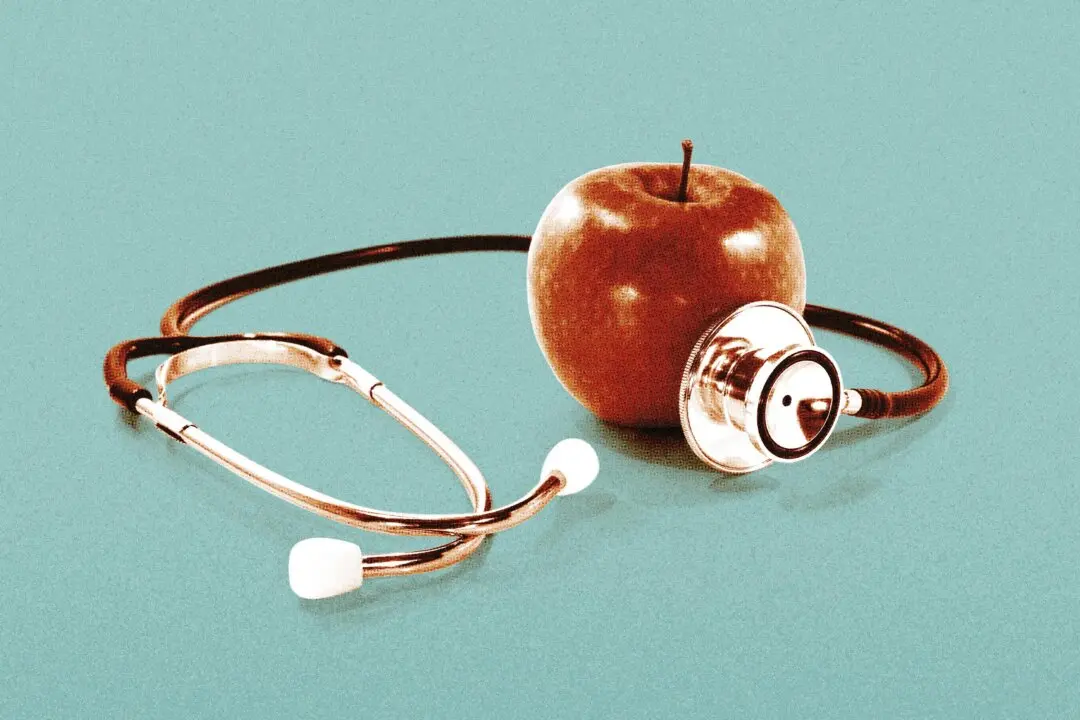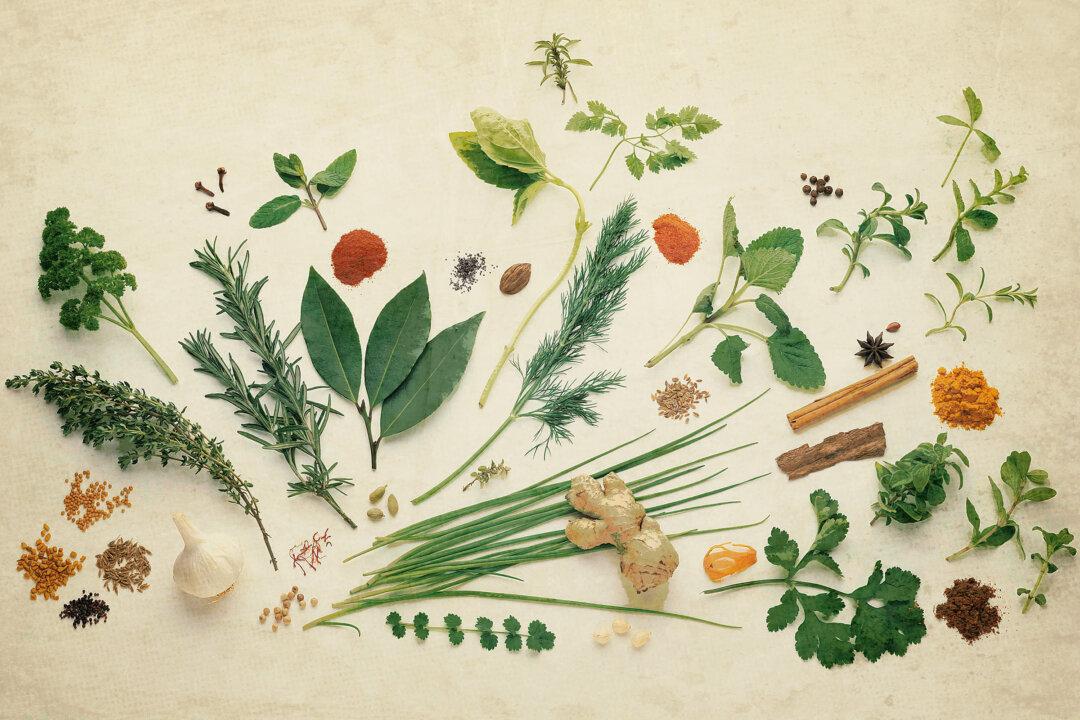Sitting down to eat a bowl of fresh cherries is one of life’s clean and honest pleasures. Thankfully, cherries are more than just a delectable fruit, they come packed with health benefits like protecting us against cancer and fighting free radical damage. Cherries come in both sweet and sour (or tart) varieties and are loaded with a powerful antioxidant called anthocyanin—water soluble pigments that, depending on their pH, give certain foods their red, purple, blue or black color. Cherries also contain abundant vitamin C, needed for a strong immune system, and are a superb source of dietary fiber.
Promote Weight Loss
Because they are high in dietary fiber and low in calories, cherries help you to feel full more quickly, so you eat less. Research has also shown cherries help promote weight loss. In a 2009 study published in the Journal of Medicinal Food, rats were split into two groups and both fed a high-fat diet for 90 days. One group received whole tart cherry powder and the other did not. Results showed that the rats who received the cherry powder did not gain as much weight or build as much body fat, and their blood showed much lower levels of inflammation than the rats who did not get cherry powder.Improve Heart Health
Heart disease is the leading cause of death in the United States, with about 697,000 people dying from heart disease in 2020—accounting for one in five deaths. Heart disease costs the United States a staggering $229 billion each year which includes the cost of healthcare services, medicines and lost productivity due to premature death. Some key risk factors for heart disease are high blood pressure, high blood cholesterol, smoking, diabetes, obesity, having an unhealthy diet, not getting enough exercise and the excessive use of alcohol. Thankfully, a healthy diet that includes cherries can lower your risk of developing heart disease.Research suggests that the anthocyanins, flavonols, vitamins, and fiber in cherries and other berries help to reduce the risk of cardiovascular disease and improve heart health. Clinical studies in healthy humans, those with diabetes, metabolic syndrome, hypertension, dyslipidemia (an excess of cholesterol or fats in the blood), as well as smokers show a significant decrease in cardiovascular disease risk factors following berry consumption. The same research also suggests that the anthocyanins in cherries improve heart health by reducing metabolic risk factors, improving LDL cholesterol levels, improving glucose metabolism, and reducing fat and cholesterol levels in the blood.






